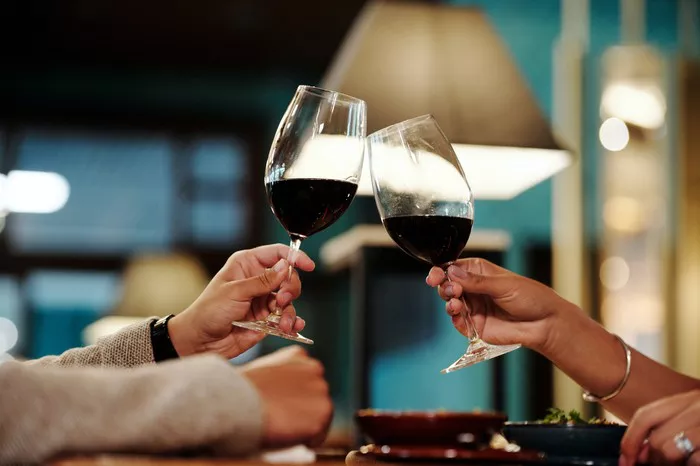A few weeks ago, the Bordeaux Institute of Vine and Wine Science (ISVV) hosted a forum on dealcoholised wines. As a participant, I left the event thoroughly dismayed.
My colleagues and I have been exploring the production of dealcoholised wine for several months. The deeper we delved into the process, the more it felt like a futile endeavor, especially after attending the ISVV conference.
Producing dealcoholised wine involves collaborating with companies equipped with advanced and costly technology. This not only consumes significant energy but also results in a 15-20% product loss and leaves behind residues needing recycling, driving up production costs.
These technological processes drastically alter the original wine. They strip away its aromas, structure, and mouthfeel, rendering it tasteless and thin. The product becomes highly acidic, akin to an unpalatable acidic solution. For red wines, the results are even worse, with heightened acidity and harsh tannins making the wine almost undrinkable.
To mimic the original wine, manufacturers must rebuild the product by adding artificial aromas to replicate its variety and flavor. This reconstruction involves incorporating at least 40g of sugar per liter and other substances to create volume and silkiness, substances typically not permitted in traditional wine production.
Ensuring microbiological and nutritional stability without alcohol is another challenge. Alcohol acts as a preservative, protecting wine from harmful fungi and bacteria. Adding sugar can promote yeast growth, necessitating pasteurization, which subjects the liquid to 70°C for several minutes, further affecting its qualities and consuming more energy.
As a wine producer, I question the rationale behind this process. Why produce wine only to dismantle and artificially reconstruct it? Not all wines adapt well to dealcoholisation, often requiring specially designed wines, which can never match the quality of genuine wines.
Dealcoholised wine aims to appeal to health-conscious consumers, but they are often unaware of its significant drawbacks. Such products defy the fundamental principles of winemaking, which celebrate the transformation of grape sugar into alcohol, influenced by grape variety, origin, climate, and human creativity. Destroying this traditional art to recreate it artificially is an affront to winemaking.
As winemakers, we strive to produce wine under strict conditions that respect the environment and consumers. These dealcoholised alternatives lack any such commitment and have a considerable carbon footprint, failing to meet the environmental standards of real wine production.
Some consumers prefer avoiding alcohol during the week but enjoy it on weekends. Instead of opting for a product derived from alcohol, they could choose beverages never associated with alcohol, benefiting the planet and their health more than consuming sugar-laden fake wines filled with unmentionable additives.


